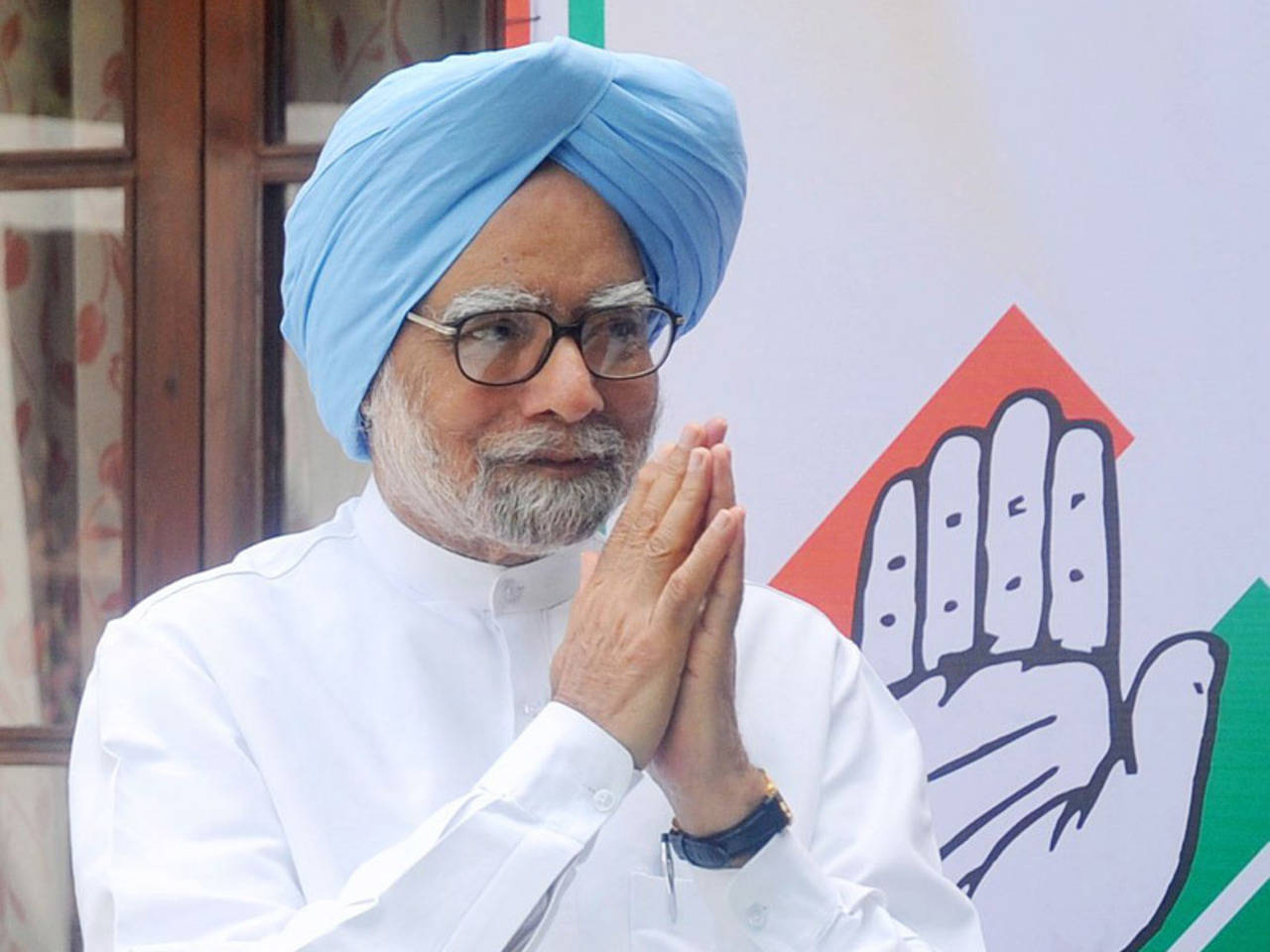Manmohan Singh, who passed away on December 26, 2024, at the age of 92, was a pivotal figure in India’s political and economic landscape.
Early Life and Education
Born on September 26, 1932, in Gah, Punjab (now in Pakistan), Singh overcame humble beginnings to achieve academic excellence. He earned his bachelor’s and master’s degrees from Panjab University, followed by an Economics Tripos from the University of Cambridge in 1957 and a DPhil from the University of Oxford in 1962.
Architect of Economic Reforms
As India’s Finance Minister from 1991 to 1996, Singh implemented groundbreaking economic reforms that transitioned India from a closed economy to a more liberalized and globally integrated market. His policies ended the “Licence Raj,” reduced trade barriers, and encouraged foreign investment, setting the stage for India’s rapid economic growth in subsequent decades.
Tenure as Prime Minister
Serving as the 14th Prime Minister from 2004 to 2014, Singh was the first Sikh to hold the office. His tenure witnessed significant achievements, including:
- Economic Growth: Under his leadership, India experienced an average growth rate of 7.7%, becoming one of the world’s fastest-growing economies.
- Social Welfare Programs: Singh’s government introduced transformative initiatives such as the Mahatma Gandhi National Rural Employment Guarantee Act (MGNREGA) in 2005, providing 100 days of guaranteed wage employment per year to rural households.
- US-India Civil Nuclear Agreement: In 2008, Singh secured a landmark deal with the United States, allowing India access to civilian nuclear technology and fuel, marking a significant shift in international relations.
Challenges and Criticisms
Despite these accomplishments, Singh’s tenure was not without challenges. His second term was marred by allegations of corruption within his administration, leading to public outcry and political setbacks. Additionally, economic growth slowed towards the end of his tenure, prompting criticism of his leadership.
Legacy
Manmohan Singh’s legacy is characterized by his role as a reformer who transformed India’s economy and his tenure as a leader who navigated the complexities of coalition politics. His contributions have left an indelible mark on India’s economic policies and its position on the global stage.
Conclusion
Manmohan Singh’s life journey from a modest village in Punjab to the highest echelons of political power serves as an inspiration. His dedication to economic reform and development has been instrumental in shaping modern India, and his impact will be remembered for generations to come.
Disclaimer: The information on this website is provided for general informational purposes only. All content is the opinion of the author(s) and is based on personal experiences and research. We make no warranties regarding the accuracy or completeness of the information, and any reliance you place on such information is strictly at your own risk.
